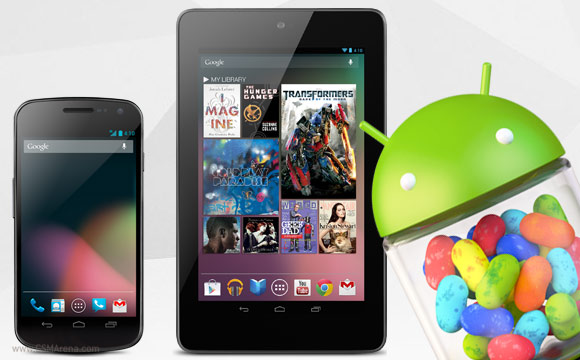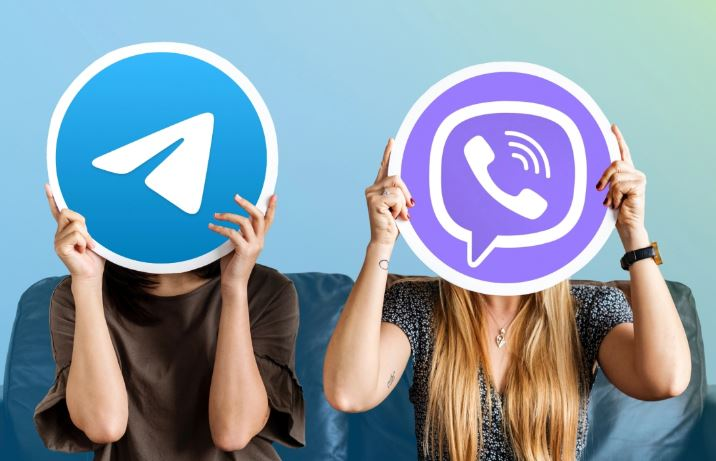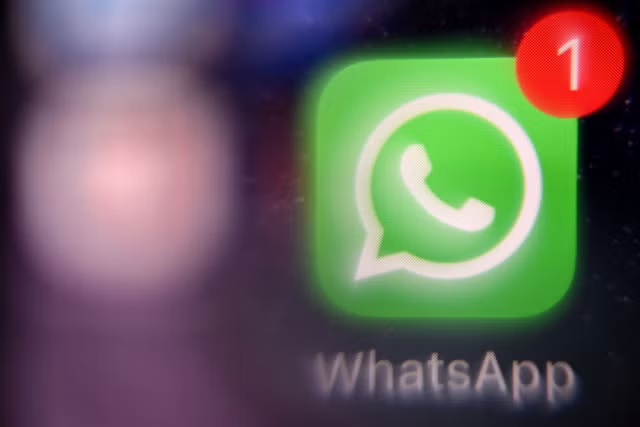As we continue to hurtle forward into the digital age, older technologies are increasingly left by the wayside. WhatsApp, a popular messaging service used by millions worldwide, has announced it will no longer support several older mobile devices starting February 29, 2024. Here’s what you need to know about the phones that will not support WhatsApp in 2024.
The Affected Devices
The list of phones that will not support WhatsApp in 2024 includes a range of older models from companies like Samsung, Sony, and Wiko. Among the notable devices are the Samsung Galaxy Core, Samsung Galaxy Trend Lite, Sony Xperia M, and several others.
WhatsApp had previously announced that it would stop supporting smartphones running Android 4.1 or earlier from October 24, 2023. This new announcement further extends the list of unsupported devices. Read Also: 7 African Women Reshaping the Tech Industry

Here’s the full list of smartphones that WhatsApp will no longer support, a change that will affect a slew of devices and potentially millions of users:
- Apple: any iPhone prior to the 6 series (including iPhone 6S, 6S Plus, and SE).
- Archos: Archos 53 Platinum model.
- Huawei: Ascend D2, Ascend G740, and Ascend Mate models.
- Lenovo: Lenovo A820.
- LG: LG Enact and LG Lucid 2 models, along with several Optimus series devices (L3 II Dual, L5 II, F5, L3 II, L7II, L5 Dual, L7 Dual, F3, F3Q, L2 II, L4 II, F6, and F7).
- Samsung: Galaxy Ace 2, Galaxy Core, Galaxy S3 mini, Galaxy Trend II, Galaxy X cover 2, and Galaxy Trend Lite.
- Sony: Sony Xperia M.
- Wiko: Wiko Cink Five and the Darknight.
- ZTE: ZTE Grand Memo, ZTE Grand S Flex, and ZTE V956.
- UMI: UMI X2.
These devices are said to be phones running Android 4.1 (Jelly Bean) or older, and iPhones running iOS 12 or older will also be impacted by WhatsApp’s decision. Additionally, devices running KaiOS 2.5.0 or older, which are typically found on feature phones, will also lose support.

Why is WhatsApp Doing This?
WhatsApp’s decision to discontinue support for older phone models stems from a desire to ensure that all users have access to the latest features and the most secure version of the app.
As technology advances, we must regularly update the application to keep up with new operating systems and security standards. Older phone models lacking the required specifications cannot support these updates, which means they do not have the capabilities needed to maintain an optimal user experience.
One of the primary reasons for this update is the inability of older devices to meet the increasing security requirements necessary to protect user data from being compromised.
By focusing on newer models with upgraded hardware and software, WhatsApp can deploy the latest security measures effectively. Furthermore, this move encourages users to upgrade to newer devices, thereby helping them to stay connected with the latest communication tools and capabilities offered by the app.
What Does This Mean for Users?
For users still clutching onto older smartphones, WhatsApp’s decision ushers in a stark reality: it’s time to either update their operating system or upgrade their hardware. Those failing to do so will find themselves unable to use WhatsApp to communicate with friends, family, or colleagues. The loss of WhatsApp on their devices means no longer being able to send or receive messages, make calls, or share media through the app.
This could particularly affect users in regions where WhatsApp is the primary mode of digital communication and may pose a significant inconvenience for those who rely on the application for personal and professional communication. Furthermore, it raises concerns about digital inclusivity, as not all users may have the financial means to upgrade to a new device.

Looking at Alternatives
If upgrading your phone isn’t an option right now, consider alternative messaging apps. While these alternatives may not have the same user base as WhatsApp, they could offer similar features and may still be compatible with older devices. Some popular alternatives to WhatsApp include Telegram, Signal, and Viber. Each offers end-to-end encryption for secure communication, making them viable options for users concerned about their privacy. Read Also: Toilet Scrolling: The negative health impact of using your phone while on the toilet
Bottom Line
The march of technology waits for no one, and it’s time for WhatsApp users with older phone models to upgrade or find alternatives. While this news may be inconvenient for some, it’s a testament to the rapid evolution of digital communication tools and the importance of staying updated in this ever-changing digital world.



